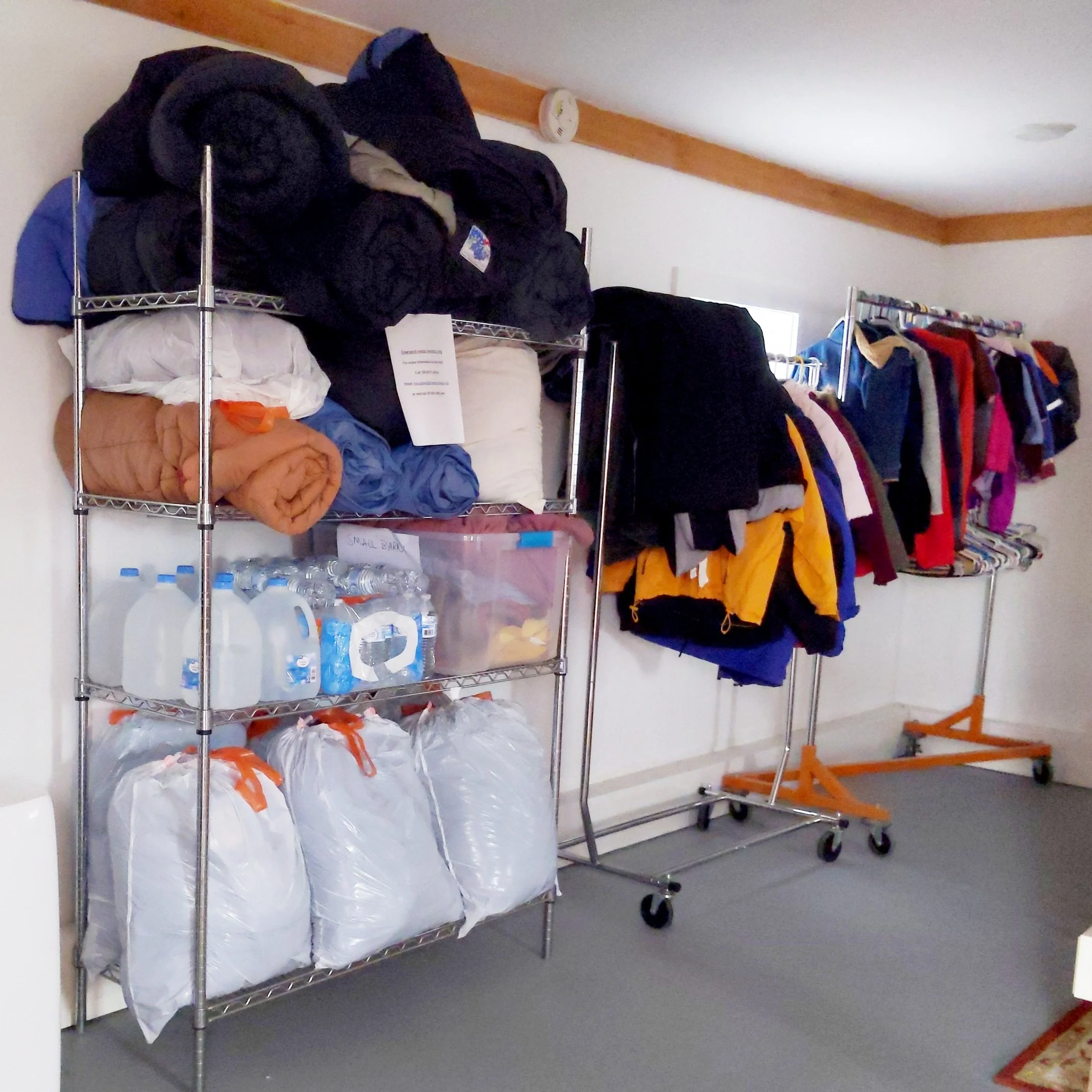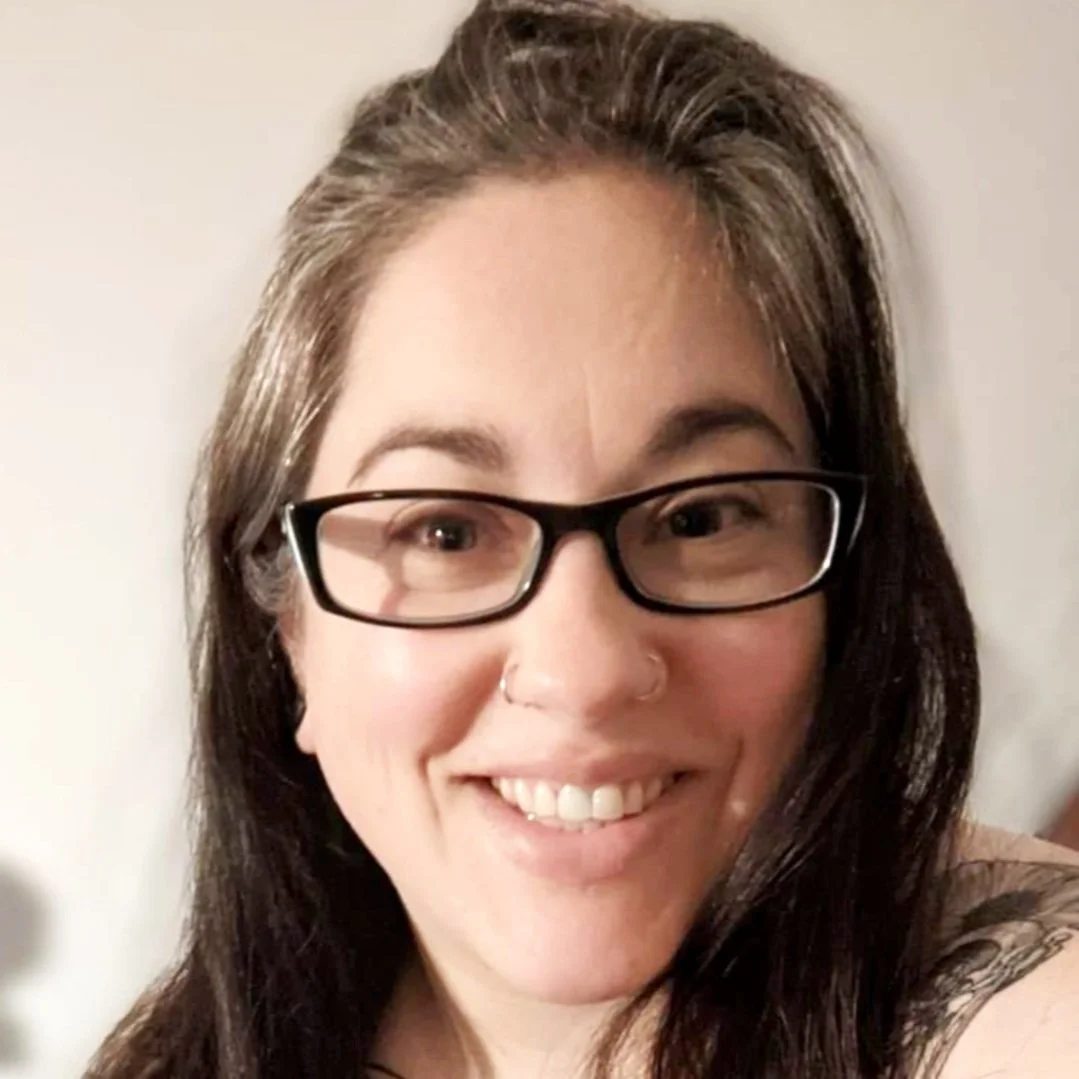Q&A with Kali, Urgent Needs Coordinator for KCHC
What does it mean to be an urgent needs coordinator at KCHC?
I connect community members to resources—anything from tents and camping gear to apartment listings or a bus ticket to get to a family member who is willing to have them. I have to be ready and able to hit the ground running with anyone who is in a housing crisis or urgent situation.
What are your primary responsibilities?
I'm the calm steady caring person on the other end of the line when you call KCHC because you're having a housing crisis. Some people call me themselves, others are calling for a friend or family member. Sometimes another provider will call because one of their clients also has a housing need. We get calls from patients who are being released from medical facilities or incarceration who don’t have anywhere to go. I help those who need it get connected with opioid use, substance use disorder resources. I hand out a lot of housing application packets. Everyday is different.
Supplies ready to be distributed
Kali, KCHC Urgent Needs Coordinator
How do urgent needs fit into the larger scope of KCHC’s work?
I gather basic information to determine what short and long-term needs an individual may have. We work through the immediate needs and then if they are interested, I will put them on our waiting list for comprehensive case management services. For those who want our services and are staying engaged, I offer what I can until they get into case management services. I like to call this "case management lite" or “spot treatments.” These are often bandaid fixes but the waitlist is so long right now, this helps them keep their lives together until they can enter our full program.
Are you generally the first point of contact for most clients?
Most of the time I am, so I utilize the listen, understand, and validate model when talking to clients. When people are calling for themselves, I recognize this is probably the hardest call they’ve ever made. So I try to take a strength-based perspective and tell them to give themselves kudos and props, that the've taken this step. Then I encourage them to take a deep breath, and reassure them that they're connected to KCHC now. I can’t tell you how many times the response on the other end of the line is, “nobody’s ever listened to me before”. I’ll be honest, it breaks my heart every time I hear that.
"Everybody deserves to be heard...especially those in crisis."
How long have you worked for KCHC and how have the needs of people in KCHC’s service area changed over time?
I’ve been with KCHC since February of 2018. I started off as the Housing Navigator then I moved to an Administrative Assistant position. Things really changed with the onset of the pandemic. Because the needs blew up at that point, our waitlist went from two weeks to four weeks in less than a month of working remotely at the beginning of the pandemic. Since November 2020 we've had a steady 14 week wait and in the last few weeks it has inched up to close to 16 weeks. Before the pandemic, it was typical to do 3 intakes a week, which was manageable. Today, we’re at 99 households pending for intake which is close to 250 people.
What are the biggest challenges you face in your job? Biggest unmet needs?
One of the hardest things I face is having somebody pour their heart out, get brutally honest, and ask for help, and I don't have the resources to match. I have to tell them, I hear you, and what you’re saying is 100% valid, and you’re deserving of housing . . . and I don’t have housing to give you. Sometimes it is hard knowing that the need is immediate but the solution isn't going to be. When you’re in a state of panic and crisis, you’re in survival mode—fight or flight—it is hard to think beyond the immediate.
Hospitality House Family Shelter in Rockport, ME
What is something you wish more people/the general public understood about the work you do?
I wish people would have more empathy for others. To pick apart someone’s story and say, “you went wrong here when you did this thing”—that’s so discrediting. I have people call in all the time and I can hear the defeat in their voice. It is also important to remember people need to be connected to more than just housing. So while we can get people housed, and we do get people housed, and I sometimes help people housing even before they get into comprehensive case management, they still need some ongoing support.
What do you enjoy most about being an urgent needs coordinator?
I love talking with people. I love allowing them the opportunity and safety to be heard and helping them trust and feel validated.
What is the most fun and/or rewarding part of your job?
I don’t want to say it’s fun, because these topics are heavy, but giving them a space to tell that story and to really have that story be honored feels good. I tell them, it's not just me but the entire KCHC team, we care about clients. I tell them if they're willing to put in a little effort, they're going to have a huge team behind them, cheering them on all the way. It make me cry but they are the best because if you can give someone an ounce of hope when their hope well has run dry, it’s amazing what people can do. All the tears! [laughs]



